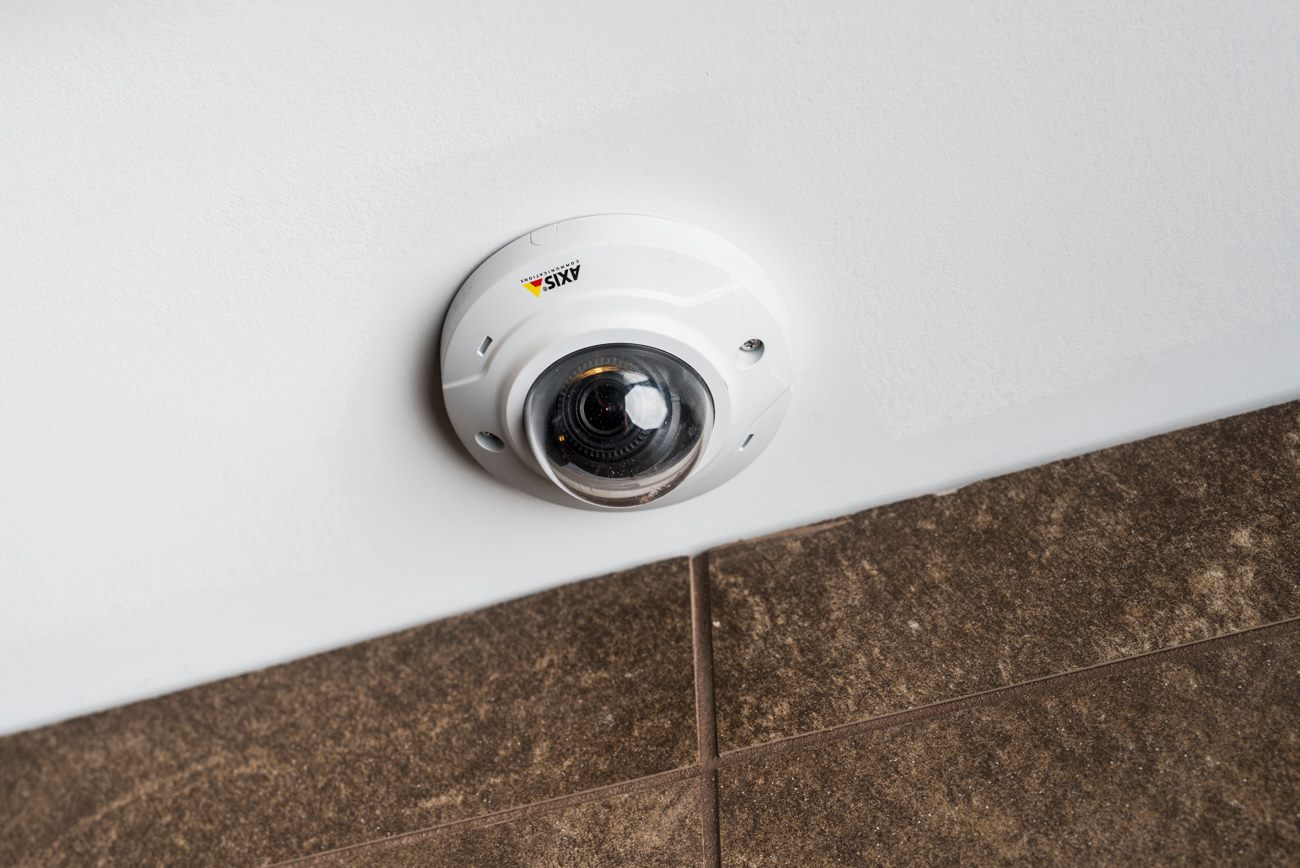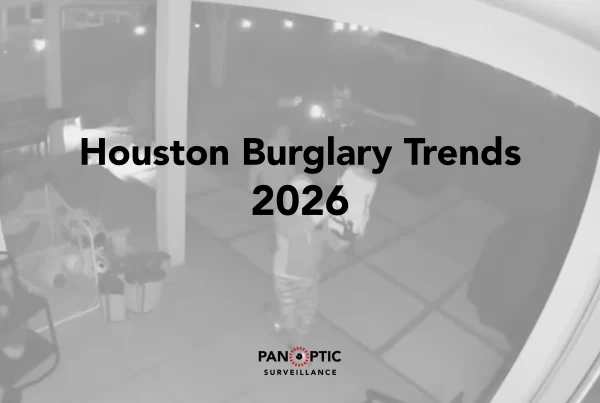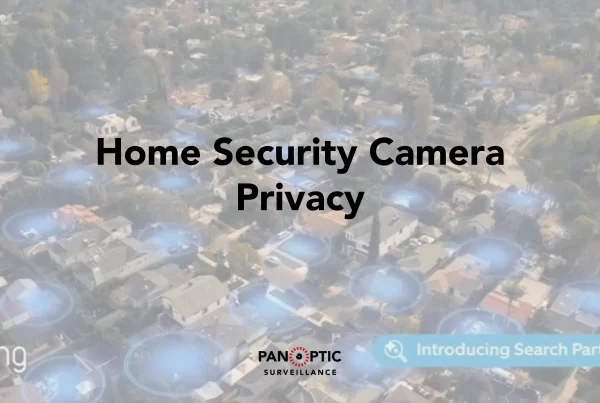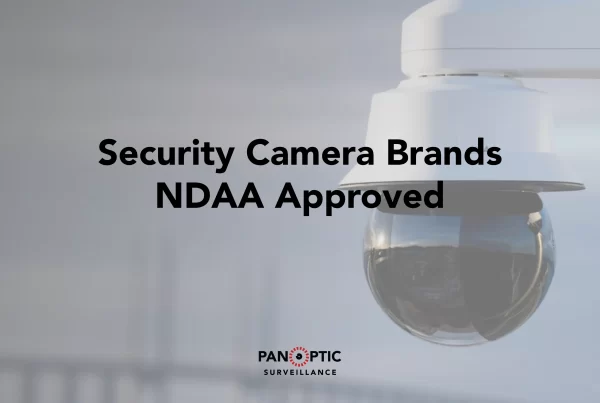COMPLETE GUIDE TO COMMERCIAL KEYLESS DOOR ENTRY SYSTEMS FOR BUSINESSES
STOREFRONT DOOR – Retail store owners and operators must build efficient on-site security measures, like thorough retail access control and integrated alarm systems, to secure valuable stock and confidential information as well as to ensure the safety of all personnel and customers. These security systems ought to be able to stop intrusions and stop physical crimes.
Eight out of ten retailers indicate an increase in violent occurrences over the past year, and store losses totaling close to $100 billion USD. This demonstrates the need for proactive retail security and dependable hardware solutions, with the focus of such defenses frequently being the storefront locks used to control access to retail locations.
This brief guide will cover the most efficient storefront door lock types currently available, including use cases, advantages, and potential drawbacks, for retail store owners interested in installing a new storefront door lock system or those intending to upgrade existing commercial door lock hardware or door security.

What is a storefront door lock?
A storefront door lock, also referred to as a storefront mortise lock, is a piece of manufactured hardware made to be placed into the frame of retail business doorways that face the outside. In order to fix the entryway in place by fastening the door within its frame, the device will be mortised into the door’s existing lock stile and set up to expel a secure bolt of metal into the opposite side.
Commercial storefront door locks come in a variety of designs, with some fitting particular kinds of doors and larger retail security systems better than others. The fundamental idea still holds true, though, that all retail store door locks are designed to control property access by protecting doors from unwanted entry.
Access Your Office with Smartphone
Discover why thousands of companies have Access Control System
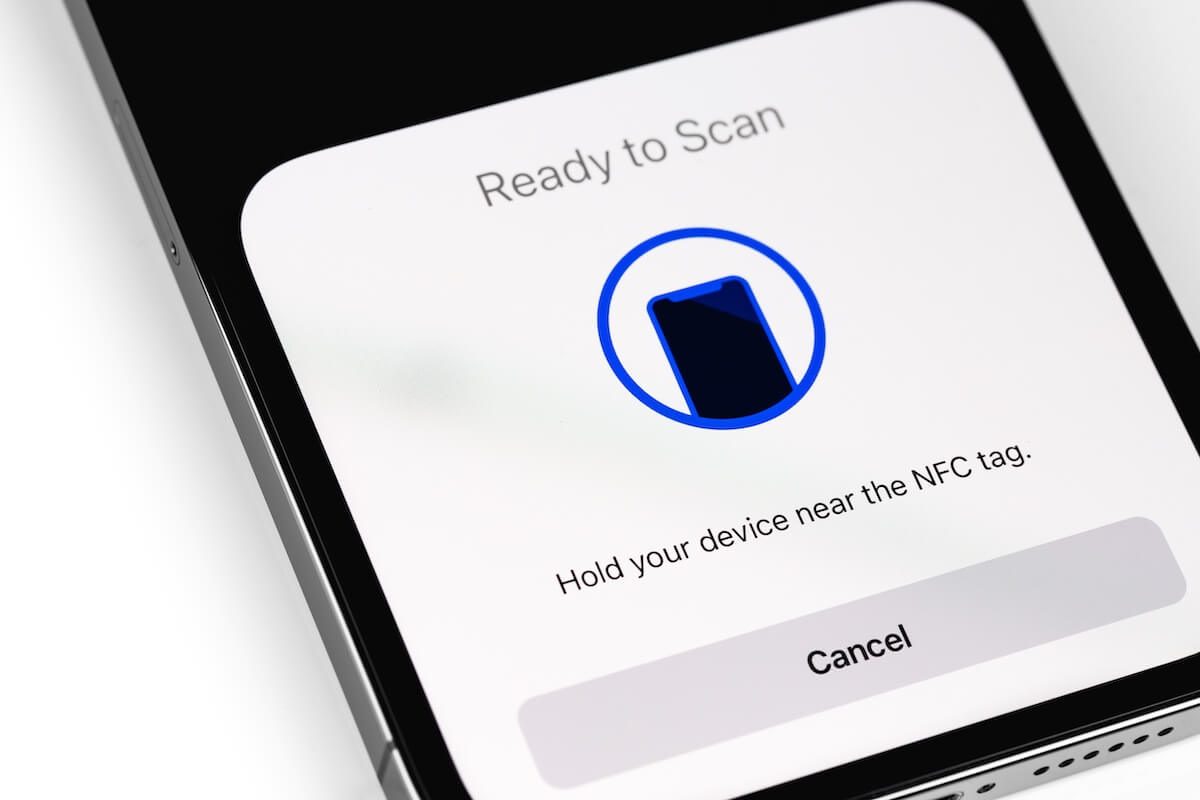
Common types of storefront locks
Deadlocks
Deadlocks, which are among the most popular types of storefront door locks, are only used to secure swinging shop access doors, not sliding storefront doors. This is because deadlock retail door locks are made to discharge a straight steel bolt out from one side of the frame and deeply into the opposite side, preventing pushing or pulling motions from opening the doors.
To prevent potential burglars from forcing access by trying to cut through the bolt or by pulling the storefront mortise lock open with a tool, the deadbolt lock itself will be constructed of laminated steel. Deadlocks can be used on retail glass door locks. The frame must be thick enough to accommodate both the lock cylinder and the ejected deadbolt because the hardware will be fitted into the door’s lock stile.
Bolts with hooks
Hook bolt retail door locks are a version of the deadbolt design, with the main distinction being that the deadbolt is fashioned like a hook rather than a straight piece of laminated steel. This differential enables hook bolt storefront locks to be used in sliding doors because the bolt will remain fastened even if an intruder attempts to pry the doors open; however, hook bolts are less effective when installed for swinging doors.
Because the bolt hardware does not have to extend as far into the frame as a traditional deadbolt, hook bolt systems are frequently utilized as commercial glass storefront door locks.
Deadlatches
Deadlatch storefront locks have a spring-loaded bolt mechanism that prevents unwanted access while also letting occupants to leave the building without a key. A deadlatch lock is excellent for use situations where after-hours property access is necessary. For instance, a petrol station that prohibits interior entry after a specific period of time can be deadlatched secured to prevent unauthorized outer access while still allowing workers to leave freely from inside by depressing an interior handle.
Cloud Based Access Control
Learn about cloud based access control system and its futures.
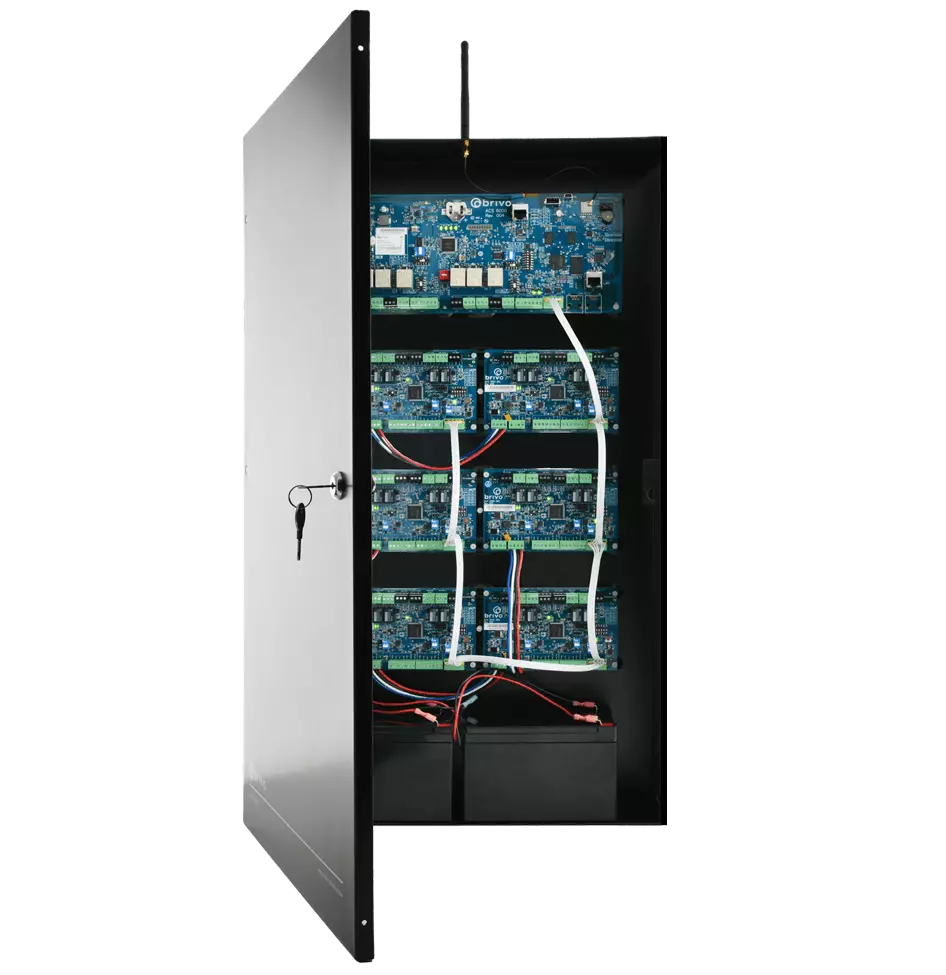
Retail door locks with smart and keyless featur
Retail store door locks based on proximity
By controlling building entry with proximity card reader systems and touchless key cards or fobs, proximity-based retail store door locks do away with the need for conventional keys. The storefront mortise lock is linked to an electronic management system that uses RFID or NFC radio wave technology to look for legitimate credentials. For a retail glass door, electromagnetic lock technology can secure the door from the top or bottom of the frame, improving the aesthetics.
Staff only need to hold an issued key card close to a door-mounted key card door reader to interact with the lock cylinder rather than using a traditional key. If the given credentials match a preapproved set stored in a connected database, the lock mechanism will disengage to allow access to the holder.
Store owners can control access digitally by opting for a proximity-based lock system. Using a digital management system, administrators can issue, modify, and revoke individual rights at any time. This means that if a card is lost or stolen, credentials can be destroyed to stop potential breaches.
Mobile storefront locks with credentials
Similar to proximity retail door locks, mobile credential systems allow authorized people to enter using touchless, remotely monitored digital credentials. By sending mobile credentials straight to the user’s smartphone, these configurations do away with the expense connected with physical key cards.
Each physical storefront mortise lock is connected to door-mounted readers, which can switch the internal bolt between the locked and unlocked positions. While all access rights are maintained from within the user’s smartphone, multi-factor authentication can be implemented by using the fingerprint and facial recognition scanners included in modern handsets to offer additional layers of security.
Retail storefront door locks that are powered by the cloud
If a cloud-based security system is adopted (rather than an on-premises system), both proximity-based and mobile credential door locks can be controlled remotely. Administrators will have access to a digital gateway that contains all active credentials as well as a log of all access events.
To enhance on-site security, prevent credential misuse, and create intelligent security systems, administrators can rapidly grant, modify, and revoke access to individual users from this location. They can also check real-time logs of access occurrences.
Join UPS Stores Using Access Control
With Cloud Based Access Control, UPS Stores can regulate and track who enters its facility for PO Boxes.
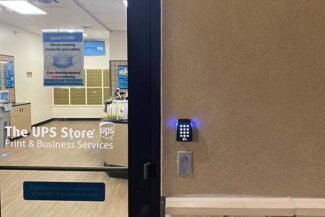
Ensuring maximum security for your retail business with commercial storefront door locks
Property owners will need to thoroughly evaluate existing hardware before choosing the right storefront locks. Deadlocks are ideally suited for swinging doors, hook bolts are made to fasten sliding doors, and the usage of a deadlatch will aid to block exterior access after hours without impeding staff exits.
For your retail store, it’s important to look at keyless commercial storefront door locks. Knowing the many types of smart retail storefront locks and their use cases can assist to improve on-site security and boost access management, from seamless cloud-based management to secure, touchless access control.
Commercial security cameras for business
- Business security cameras with enhanced coverage and IR that improve situational awareness
- Video analytics with AI to find incidents
- Hours of video are easily sorted through by Video Search to locate a suspicious person or vehicle.
- Integrates with third-party ONVIF® compliant platforms
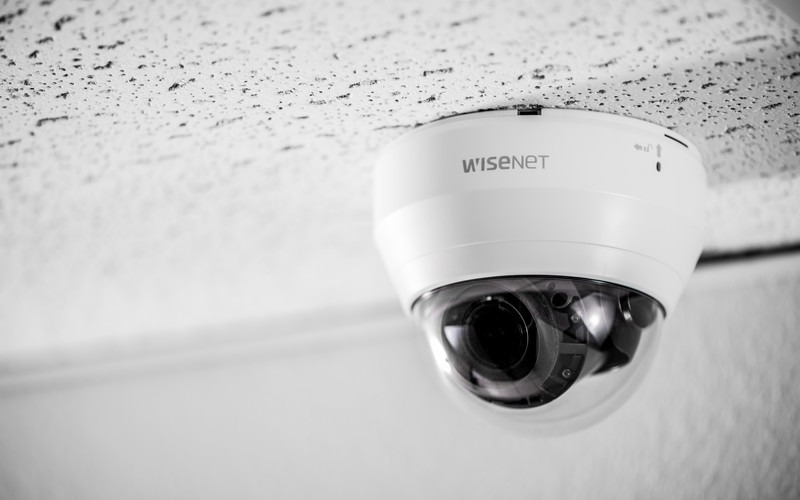
Have questions? We can help
Our security experts can help you implement the right security system for your business.



